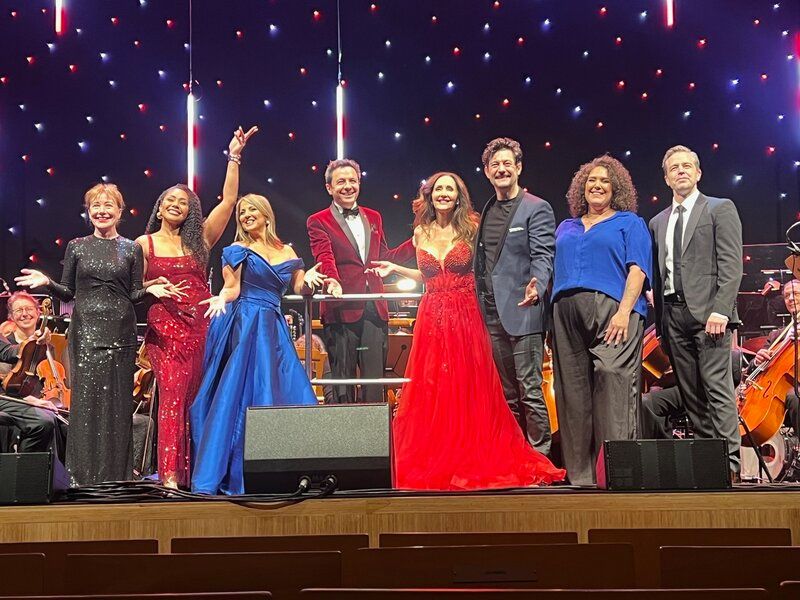The Critical Marriage (Melbourne Writers' Theatre) at Gasworks - 60 minutes
- Alex First
- May 7, 2023
- 3 min read
Updated: May 10, 2023
A new Australian work, The Critical Marriage by Mark Andrew is the inside story of a relationship between a couple of intellectual heavyweights.
The wife and narrator, Imogen, is an economist.
She first set eyes upon her German husband Bernhard, an evolutionary psychologist, in an Oxford University lecture theatre.
The sparks flew instantly and wedded bliss followed soon after.
Imogen moved into Bernhard’s well-appointed Berlin apartment and their marriage thrived.

Photos by Melbourne Writers' Theatre
Even though the pair didn’t always see eye to eye, there was undoubtedly mutual respect and frequent open, cerebral discussion.
Imogen is in the throes of completing a biography about her husband, who recently passed.
She reflects on his legacy, their happy union and his undying love for his mother, Mutti.
Buried deep in the past though is a life-changing moment, a secret that Bernhard kept from Imogen.
The Critical Marriage is a high-brow work that requires concentration to follow.
There are references to economic and ecological phenomena and philosophy, as well as postmodernism.
The core of the piece remains human connection and care for others.
Imogen is seen in her younger years and as a widow.
Janet Watson Kruse does a fine job as the latter, infusing her performance with gravitas.
Carrie Moczynski also makes a good fist of her persona as Mutti, who has Alzheimer's and often greets her son as if he is a stranger.
Eleanor MacIntyre and Ian Ferrington are personable as young Imogen and young Bernhard respectively. Ferrington also plays some additional minor characters.

At the last moment, a family crisis meant the actor due to be the older Bernhard had to relinquish the role, so John Bolger stepped in with script in hand.
That is a hard ask for anyone at such short notice.
Unfortunately, as a result, although choosing his words carefully, there was a stiffness and slowness to Bolger's delivery, which was largely monotone.
It would have been desirable for him to adopt a German accent that his character demands (and which the younger Bernhard does).
He also needed to project his voice more because, unlike the others, he was often difficult to hear.
While Mark Andrew's work paints several vivid images, I felt it was bogged down by unnecessary verbiage.
To me, the focus should have been on why the relationship between husband and wife was so special, demonstrating that in readily understandable language. That was certainly not done to my satisfaction.
Too much time was devoted to the interplay between Bernhard and his mother, when she was already non compos mentis.

And blinding us with scientific references and theorems was excessive. That could readily have been pared back.
Further, it could have been expressed in terms a theatre audience can grasp without a ready reckoner being posted on the wall as one entered the theatre.
I believe the work tried to be too clever by halves and, in so doing, lost me.
While words delivered on stage need to be given room to breathe, the often longish pauses in The Critical Marriage started to wear thin.
In terms of staging, the set – involving a couch, desk and other furnishings – was warm and inviting.
Not so the actors far too frequently walking offstage having delivered only a few lines of dialogue. I found that distracting and something that director Karyn Hodgkinson could address.
Overall, a deep dive into Imogen and Bernhard's marriage and their respective world views warrants further endeavour.
I see The Critical Marriage as a work in progress.
An hour without interval, it is on at Gasworks until 13th May, 2023.




Comments